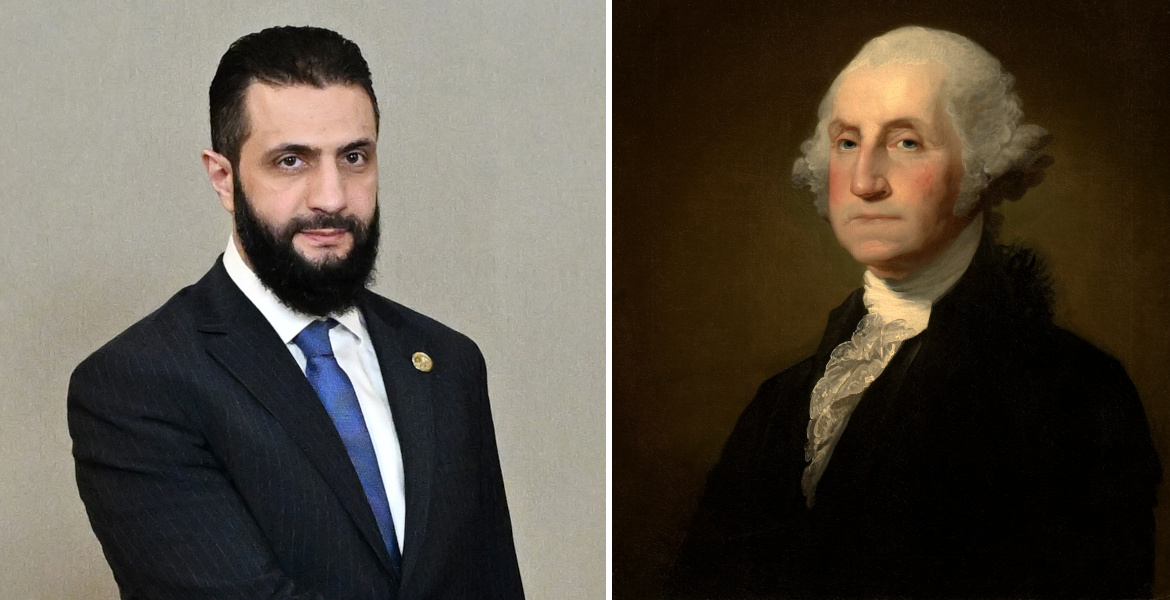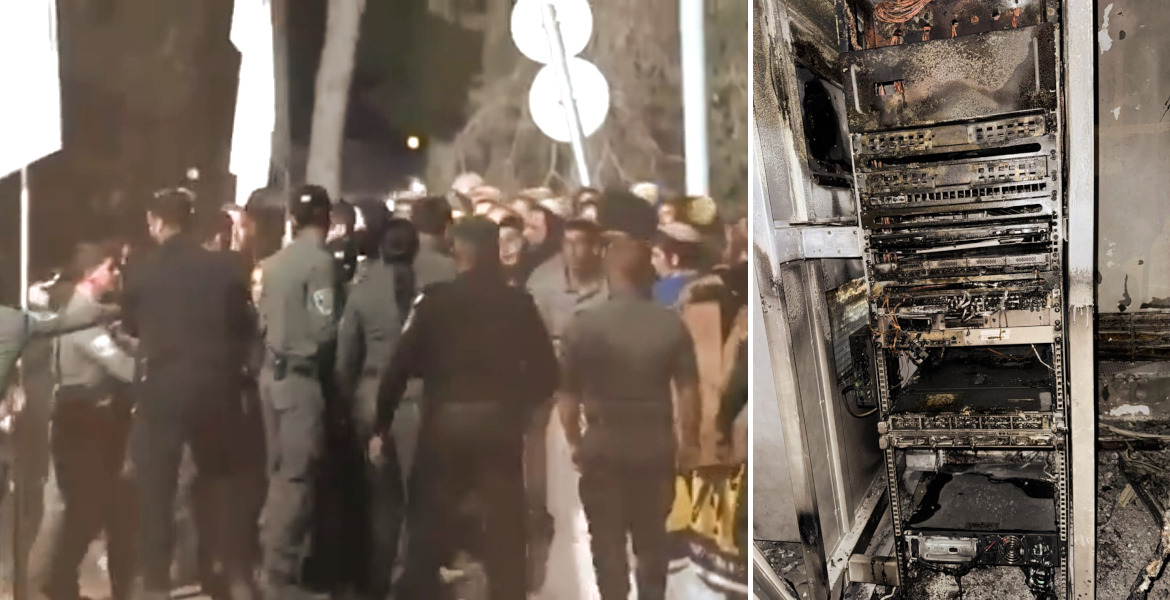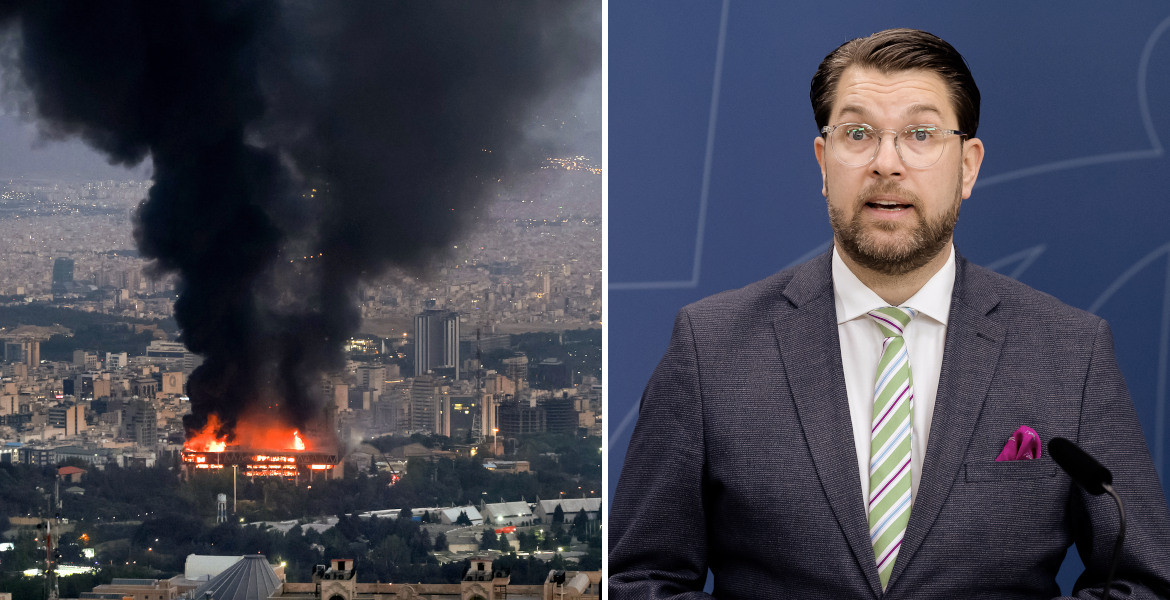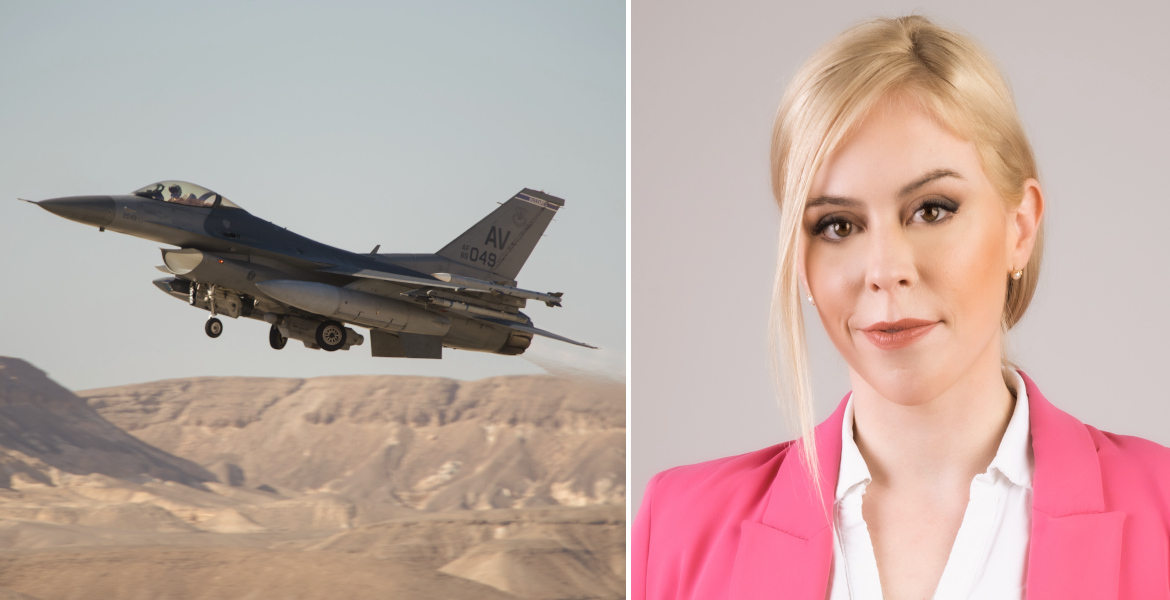The US government is considering removing Syria’s new leader Ahmed al-Sharaa – a former jihadist leader within the terrorist group al-Qaeda – from its global terrorist list. Meanwhile, American top diplomats are comparing him to America’s first president George Washington.
US President Donald Trump has signed an executive order dismantling major parts of the comprehensive sanctions program against Syria. Simultaneously, he has ordered a review of the terrorist classification of Ahmed al-Sharaa, formerly known as Abu Mohammad al-Julani, the Islamist terrorist leader who now governs the country after Bashar al-Assad’s secular government was overthrown by Islamist groups.
According to the order, which was made public on Monday, broad financial restrictions against Syria are lifted, while targeted sanctions against Assad and his former government remain. HTS – Hayat Tahrir al-Sham – and other militant groups involved in Assad’s fall are not directly affected, but the order opens the door for changes.
Trump instructs Secretary of State Marco Rubio to review both HTS’s status as a foreign terrorist organization and al-Sharaa’s designation as a “specially designated global terrorist”. Syria’s designation as a state sponsor of terrorism, implemented in 1979, will also be reconsidered.
Historical parallels
The decision comes in the wake of Trump’s notable meeting with Ahmed al-Sharaa in Riyadh in May. The focus then was on Syria’s reconstruction and a possible normalization of relations with Israel. Trump described the new leadership in Damascus as deserving “a chance at greatness”.
To lead contacts with Damascus, Trump has appointed Thomas Barrack as Special Envoy for Syria. Barrack is a former ambassador to Turkey and longtime confidant of the president.
On Monday, Barrack commented to reporters about the “controversy here, of somebody who had been al-Nusrah and had been considered a bad guy who all of a sudden becomes the leader” – and drew a historical parallel between Syria’s political transformation and the early years of U.S. independence.
“And in thinking through it, if you remember, we had a revolutionary war that lasted 14 months. And we had brutality. We had the Battles of Concord, the Battle of Lexington. And from 1776 when we declared independence, it was 12 years until we got a president. And who was the president? The president was a general. Who was the general? It was George Washington”.
The American Revolutionary War actually lasted over eight years, between 1775 and 1783.
“And in those 12 years, we were defining everything. We were defining a constitution, we were defining the framework, we were defining a judiciary – trying to figure out where we’re going before we ever had the election”, Barrack continued.
Trump: “Young attractive guy”
Secretary of State Marco Rubio has previously warned that Syria has become “a playground for jihadist groups, including ISIS and others”. He also admitted that the new leadership in Damascus “didn’t pass their background check with the FBI”, but emphasized that the US must still support the development to counter greater regional instability.
“The US is taking further actions to support a Syria that is stable, unified, and at peace with itself and its neighbors”, Rubio wrote in a post on X on Monday.
Donald Trump has previously caused some controversy when he described the Syrian Islamist leader and terrorist as a “young, attractive guy, very strong past” and a “fighter”.
The Nordic Times has in several previous articles highlighted al-Sharaa’s/al-Julani’s background as an Islamist terrorist and how, after Assad’s overthrow, he was suddenly being promoted by Western powers as a legitimate political leader.








